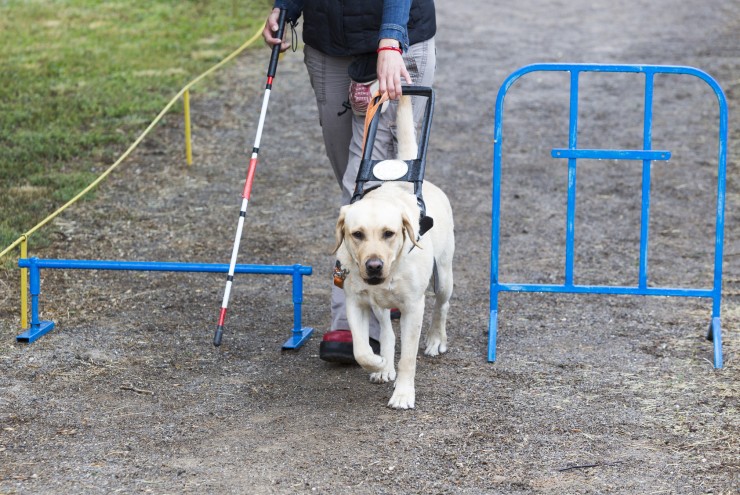By now many of you reading this have heard of the benefits, both emotional and physical of having a pet in your life. Perhaps you have even personally experienced some of these effects yourself, how when you are petting a soft purring kitten or throwing a ball for a dog whose tail wags in pure joy things just seem a little better, you relax and smile and all of the days troubles seem to melt away. The scientific community has taken serious note of these experiences and has started to study the effect that animals have on human emotional as well as physical states. The results of these studies indicate that interaction with our pets greatly benefits our health state and may in fact help older individuals enjoy longer and healthier lives.
Of the many studies conducted, one by the Journal of American Geriatrics Society in 1999 found that senior citizens living on their own that have pets are more likely to have better physical and mental health than those without pets. The study found that those individuals with pets were more active and actually dealt with stress better. Another similar study found that elderly pet owners tend to have lower blood pressure than those without pets in their homes.
So, how does owning a pet provide all of these wonderful health benefits? One of the more obvious ways is that our pets need care, they need walks, and they need to be fed and groomed as well as cleaned up after, and of course there is always play time. This requires some action on the part of the owner encouraging physical activity for the owner. Even if the action taken is something as minor as getting up to open the door for the puppy, stroking a brush through the cats fur or cleaning the bottom of the bird caged. These actions still encourage cardiovascular health, stimulate the brain and keep the body limber.
Another benefit, which is a widely accepted concept, is that pets are a great source of companionship. For those senior citizens who may not have family close by pets offer comfort and support and help prevent social isolation by interacting with another living being. Studies have also found that this interaction helps stave off problems such as depression, which is one of the more common issues facing older people. Studies also indicate that the responsibility of owning a pet helps to give seniors a sense of purpose and helps them to maintain routines including things such as eating well and getting the proper rest which in turn benefits their health.
Many nursing homes and retirement communities have found the evidence of the benefits pets provide so compelling that for some years now they have allowed organizations with therapy pets to visit their residence on a regular basis. Moreover, recently a number of facilities for senior citizens have begun to allow the residents themselves to own and have pets.
It is apparent that seniors and pets have so much to give one another. While a pet can never completely replace human contact and relationships they can still older individuals many years of enjoyment and unconditional love that only a pet can offer.

 Five Pertinent Questions To Ask The Dog Breeders You May Be Considering Buying From
Five Pertinent Questions To Ask The Dog Breeders You May Be Considering Buying From
 Ten Tips For Keeping Your Dog Calm And Comfortable On New Year’s Eve
Ten Tips For Keeping Your Dog Calm And Comfortable On New Year’s Eve
 How To Plan A Holiday In The Uk With Your Dog In Tow
How To Plan A Holiday In The Uk With Your Dog In Tow
 Training A Sheepdog
Training A Sheepdog
 Reliable Chicken Coops offered with A Dynamic Range of Choices
Reliable Chicken Coops offered with A Dynamic Range of Choices
 What Are Guide Dogs For The Blind Taught To Do?
What Are Guide Dogs For The Blind Taught To Do?
 Electric Shock Collars For Dogs Good Or Bad?
Electric Shock Co
Electric Shock Collars For Dogs Good Or Bad?
Electric Shock Co
 Tips On Getting Your Horse Ready This Spring
Tips On Getting Y
Tips On Getting Your Horse Ready This Spring
Tips On Getting Y
 Cats And Spinal Injuries
Cats And Spinal I
Cats And Spinal Injuries
Cats And Spinal I
 Some Home Dental Care Tips & Tricks For Dogs
Some Home Dental
Some Home Dental Care Tips & Tricks For Dogs
Some Home Dental
 Osteodystrophy A Congenital Health Issue That Affects Scottish Folds
Osteodystrophy A
Osteodystrophy A Congenital Health Issue That Affects Scottish Folds
Osteodystrophy A